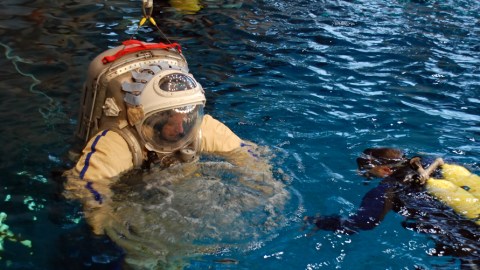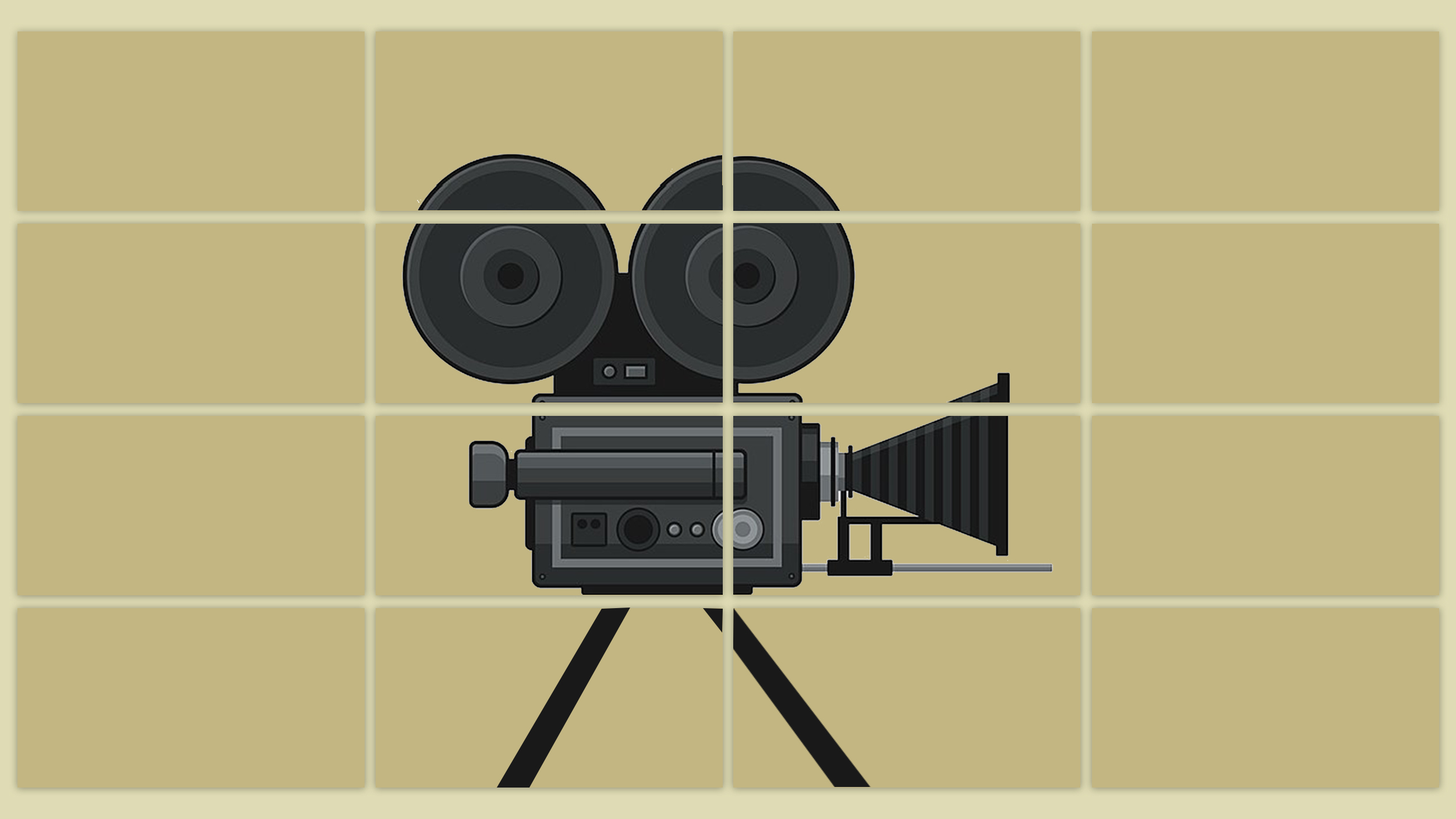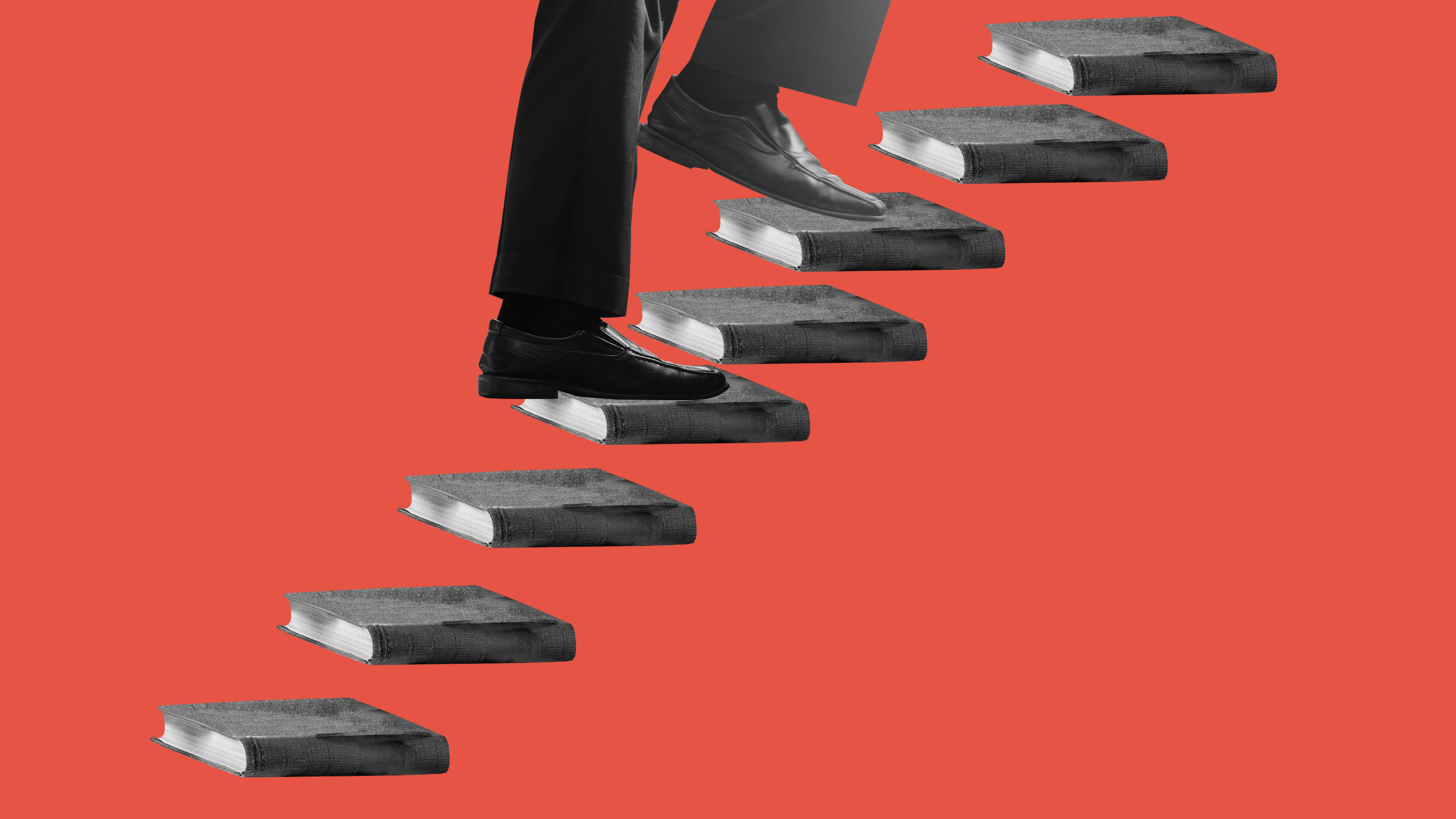What Training Astronauts For Mars Teaches Us About Skills on Earth

Space exploration has paid society a wealth in physical dividends. Satellite communications, LEDs, aluminum foil, good ol’ Tang: These are but a few of the many technologies we have come to enjoy thanks to NASA and its sister space agencies. But while it’s easy to appreciate aluminum foil and LED lights — after all, you can hold these items in your hand — the cultural cache of theoretical and practical research stemming from space exploration often gets overlooked because of its non-consumable nature.
A good example of this is the topic explored in this Phys.org piece about the development of training plans for eventual Mars missions. The article’s focus is on research efforts that determine optimal methods for teaching astronauts repeatable skills, how to deal with the physical consequences of extended space travel, and how to retain lessons learned in training throughout the entirety of a multi-year tour of duty.
That final bit is of particular interest to Immanuel Barshi, a research psychologist from NASA’s Ames Research Center in Moffett Field, California.
“‘Researchers know that skills retained for long periods are very specific, while generalizable skills decay much faster unless continuously practiced,’ says Barshi.”
The article poses an example of this idea steeped in 1980s pop music:
“For example, a person can learn to enter the numbers 8675309 on a computer keypad extremely fast with excellent accuracy, and retain the skill for a long time. Ask them to do the same task, only this time using a different number sequence and the same person will be just as slow as another person who never practiced the original task. Meaning, it is the specific sequence of numbers that people remember, not the generalizable skill of entering any number.”
So when training astronauts for long journeys across the solar system (or even just training laborers for responsibilities here on Earth), one determination of the research is drilling repeatable actions does not help boost critical thinking or adaptive decision-making. This isn’t too much of an issue for well-rehearsed space missions that last a week or two. It is troublesome if you need the astronaut to operate as more than just a living robot.
Barshi’s research will affect much more than the space industry. Determined best practices will come in handy for other high-risk positions in sectors ranging from nuclear power to oil drilling. How we pass on skills for high-leverage situations is an incredibly important topic. Luckily, we’ve got the bright minds at NASA figuring it out for the rest of us.
Read more at Phys.org.
Below, former NASA astronaut Ron Garan explains some of the lessons he learned while serving on the International Space Station.




